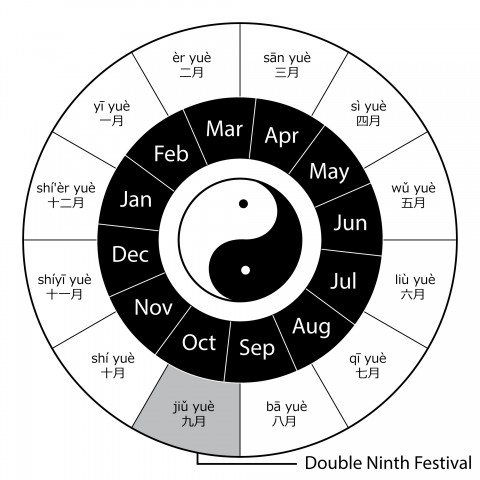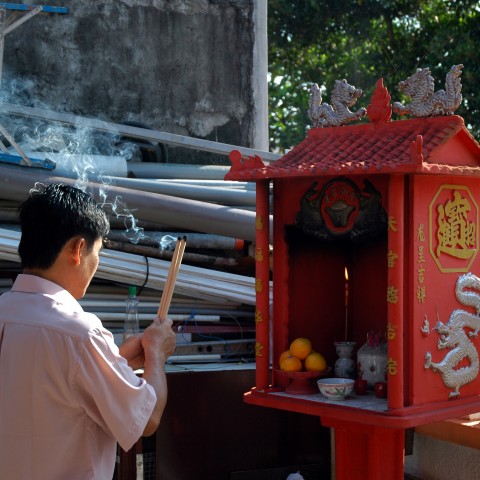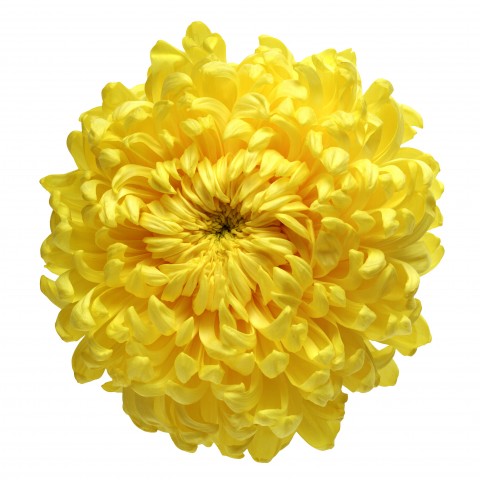Each year, the Chinese celebrate the age-old Double Ninth Festival, which is sometimes referred to as the Chongyang Festival or Senior Day. Few Chinese holidays reach as far back into history as this one does, with origins in the Han Dynasty. Further, the Double Ninth Festival reflects many of the values and beliefs most dear to the Chinese people, such as respect for ancestors and the elderly.
In this article, you’ll learn all about the Double Ninth Festival in Chinese culture, including its most notable traditions. As any successful language-learner can tell you, understanding a country’s culture is a vital step in mastering the language. And at ChineseClass101.com, we hope to make every aspect of your language-learning journey both fun and informative, including this one!
1. What is the Double Ninth Festival?
The Double Ninth Festival (Chongyang) originated from ancient times, as early as the Han Dynasty, when people celebrated the autumn harvest for the year. Essentially, the Double Ninth Festival is a day for Chinese people to avoid bad luck (we’ll explain how later) and to show respect and honor toward one’s ancestors.
According to the Double Ninth Festival story, there was once a man who was warned about danger to his village. He listened to the warning, escaped into the mountains, and thus survived the village catastrophe. This explains the focus on ascending heights to avoid ill fortune.
2. When is the Double Ninth Festival?
The date of Double Ninth Day is on the ninth day of the ninth lunar month, hence its name. For your convenience, here’s a list of this holiday’s date for the next ten years.
- 2019: October 7
- 2020: October 25
- 2021: October 14
- 2022: October 4
- 2023: October 23
- 2024: October 11
- 2025: October 29
- 2026: October 18
- 2027: October 8
- 2028: October 26
3. Double Ninth Festival Celebrations & Traditions
During the crisp autumn days, what interesting celebrations do people hold? Well, Double Ninth Festival traditions are many.
Traditionally, the customs of the Double Ninth Festival include ascending heights, enjoying chrysanthemums, and drinking. “Ascending heights” is an elegant way to say hiking. In many northern areas, autumn is the best time to be outdoors, with clear skies and crisp air. Hence, many people choose to go out, hike, and enjoy the views.
At the Double Ninth Festival, people not only ascend heights, but also eat Chongyang cake. In Chinese, “cake” (gao) is a homonym of “height” (gao), which has an auspicious sense of rising step-by-step.
The chrysanthemum symbolizes longevity and is one of the most popular flowers in China. There has long been a tradition of enjoying chrysanthemums at the Double Ninth Festival. Hence, the Double Ninth Festival is also called the Chrysanthemum Festival. In fact, the whole ninth lunar month is the month of chrysanthemums. Many flower markets and botanical gardens hold chrysanthemum exhibitions one after another, attracting tourists to enjoy and take photos.
At the Double Ninth Festival, people drink chrysanthemum wine, which is made from chrysanthemums and glutinous rice. It’s said that chrysanthemum wine can protect eyesight and prevent aging. If you like drinking, you may want to try it.
In recent years, the Double Ninth Festival has also been called the Elderly Festival since, in Chinese, “nine” is a homonym of “long,” which represents long life. Thus, people usually commemorate their ancestors or organize activities to show respect to the elderly on this day. For example, many primary schools and middle schools take students to work as volunteers in nursing homes, and some medical centers also offer free health consultations to the elderly.
4. Why is it Called Chongyang?
Why do we call Double Ninth Day Chongyang in Chinese?
In ancient China, numbers were subdivided into two opposing types: Yin (feminine) and Yang (masculine). Since nine is a Yang number and the ninth day of the ninth lunar month has two Yang numbers, it is called Chong (double) Yang.
5. Essential Vocabulary for the Double Ninth Festival
Here’s the essential vocabulary you need to know for the Chinese Double Ninth Festival!
- 菊花 (júhuā) — chrysanthemum
- 登高 (dēnggāo) — climb a mountain
- 郊游 (jiāoyóu) — picnic
- 风筝 (fēngzhēng) — kite
- 香 (xiāng) — incense
- 菊花酒 (júhuā jiǔ) — chrysanthemum wine
- 重阳糕 (Chóngyáng gāo) — Chung Yeung rice cake
- 久 (jiǔ) — long time
- 祭祖 (jìzǔ) — pay respect at ancestors’ grave
- 九月九 (jiǔyuè jiǔ) — the ninth day of the ninth lunar month
- 重阳节 (Chóngyáng jié) — Double Ninth Festival
To hear each of these vocabulary words pronounced, and accompanied by relevant images, check out our Double Ninth Festival vocabulary list!
How ChineseClass101 Can Help You Master Chinese
What are your thoughts on the Double Ninth Festival in China? Is there any similar holiday in your country? Let us know in the comments; we always look forward to hearing from you.
To continue learning about Chinese culture and the language, explore ChineseClass101.com. We provide an array of fun and effective learning tools for every learner, at every level:
- Insightful blog posts on an array of cultural and language-related topics
- Free vocabulary lists covering a range of topics and themes
- Podcasts and videos to improve your listening and pronunciation skills
- Mobile apps to learn Chinese anywhere, on your own time
- Much, much more!
If you’re interested in a more personalized, one-on-one approach to language-learning, be sure to upgrade to Premium Plus. Doing so will give you access to your own Chinese teacher who will help you develop a learning plan tailored to your needs and goals. Yes, really!
Learning Chinese is no easy feat, but your hard work and determination will pay off in the long run. And ChineseClass101 will be here to help you on each step of your language-learning journey!













